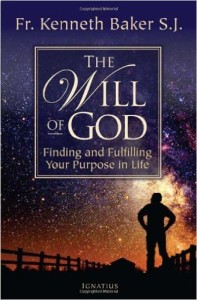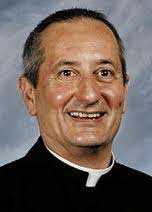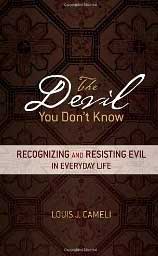Podcast: Play in new window | Download (Duration: 28:45 — 19.8MB) | Embed
Subscribe: Apple Podcasts | Spotify | Amazon Music | Android | Pandora | iHeartRadio | JioSaavn | Podchaser | Gaana | Podcast Index | Email | TuneIn | Deezer | Anghami | RSS | More
 Foundation of Discernment – “What am I to do?” The Discernment of God’s Will in Everyday Decisions with Fr. Timothy Gallagher
Foundation of Discernment – “What am I to do?” The Discernment of God’s Will in Everyday Decisions with Fr. Timothy Gallagher
Fr. Timothy Gallagher and Kris McGregor discuss the importance of understanding the foundation of discerning God’s will according to St. Ignatius. Before delving into the specific techniques of discernment, it’s crucial to grasp why discerning God’s will is significant.
Drawing upon the biblical concept that we love because God first loved us and the personal experience of feeling deeply loved by God as the foundations for discernment. Fr. Gallagher uses real-life examples to illustrate how individuals discovered this foundational truth through personal encounters with God’s love, leading to a desire to respond in love by seeking God’s will. Fr. Gallagher connects this understanding to the profound truth that each person has a unique mission given by God, and the importance of faith in recognizing and responding to this call.
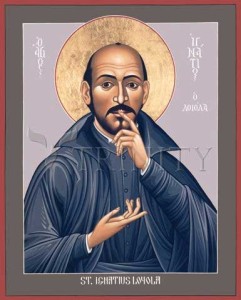 Discerning Hearts Reflection Questions:
Discerning Hearts Reflection Questions:
- Understanding the Foundation of Discernment: How does the principle “we love because God first loved us” inform your understanding of discerning God’s will in your life?
- Encountering God’s Love: Can you recall a personal experience where you deeply felt God’s love? How did this experience impact your willingness to seek and follow God’s will?
- Personal Mission and Purpose: Reflect on Blessed John Henry Newman’s assertion that “God has created me to do him some definite service.” How does this notion resonate with your own sense of purpose and vocation?
- Cultivating a Disposition of Openness: In what ways can you foster a disposition of openness to God’s will in your life, particularly during moments of discernment or ambiguity?
- Responding to God’s Love: How does understanding God’s unconditional love for you inspire your desire to respond in love by seeking and following God’s will?
- Embracing God’s Unique Plan: Consider the idea that each person has a unique mission given by God. How does this understanding influence your perspective on your own life’s purpose and mission?
- Practical Steps for Discernment: What practical steps can you take to deepen your awareness of God’s love and nurture a disposition of openness to discerning God’s will in your life?
From The Discernment of God’s Will in Everyday Decisions:
“Three Times in which a Sound and Good Choice May Be Made
The first time is when God Our Lord so moves and attracts the will that, without doubting or being able to doubt, the devout soul follows what is shown to it, as St. Paul and St. Matthew did in following Christ our Lord.
The second time is when sufficient clarity and understanding is received through experience of consolations and desolations, and through experience of discernment of different spirits.
The third time is one of tranquility, when one considers first for what purpose man is born, that is, to praise God our Lord and save his soul, and, desiring this, chooses as a means to this end some life or state within the bounds of the Church, so that he may be helped in the service of his Lord and the salvation of his soul. I said a tranquil time, that is, when the soul is not agitated by different spirits, and uses its natural powers freely and tranquilly.
If the choice is not made in the first or second time, two ways of making it in this third time are given below.”
Father Timothy M. Gallagher, O.M.V., was ordained in 1979 as a member of the Oblates of the Virgin Mary, a religious community dedicated to retreats and spiritual formation according to the Spiritual Exercises of St. Ignatius. Fr. Gallagher is featured on the EWTN series “Living the Discerning Life: The Spiritual Teachings of St. Ignatius of Loyola”. For more information on how to obtain copies of Fr. Gallaghers’s various books and audio which are available for purchase, please visit his website: frtimothygallagher.org

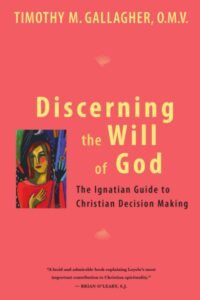
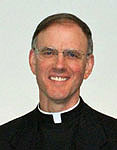 Gallagher.
Gallagher.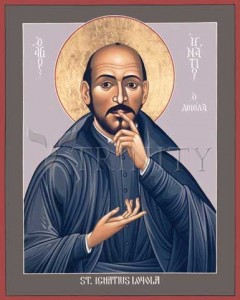
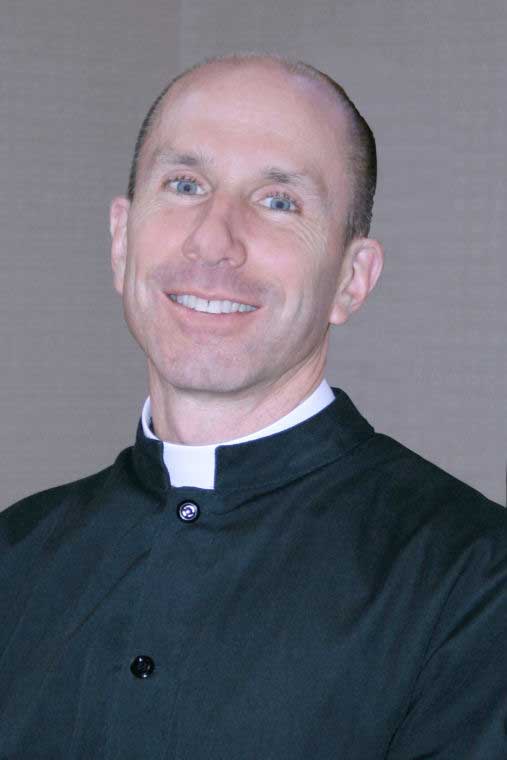 fascinating glimpse into a subject much discussed these days. Published by the great folks at Catholic Answers, this work is informative
fascinating glimpse into a subject much discussed these days. Published by the great folks at Catholic Answers, this work is informative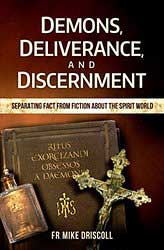
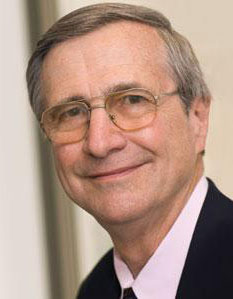 Once again a spiritual classic has been given to us from the prolific Catholic philosopher Dr. Peter Kreeft!. “How to be Holy: First Steps in Becoming a Saint” derives it’s direction from the incredible “Abandonment to Divine Providence” by Jean-Pierre de Caussade, S.J. and it’s simple message that God reveals himself through the daily events of our lives. How we respond is the key to faith and our opportunity to grow in holiness. Do you place your trust the Father’s will? Can you respond in love? Do you truly believe Romans 8:28 “We know that in everything God works for good with those who love him, who are called according to his purpose” (RSV)? To be holy, we must take the first step…Dr. Kreeft shows us the way. Outstanding!
Once again a spiritual classic has been given to us from the prolific Catholic philosopher Dr. Peter Kreeft!. “How to be Holy: First Steps in Becoming a Saint” derives it’s direction from the incredible “Abandonment to Divine Providence” by Jean-Pierre de Caussade, S.J. and it’s simple message that God reveals himself through the daily events of our lives. How we respond is the key to faith and our opportunity to grow in holiness. Do you place your trust the Father’s will? Can you respond in love? Do you truly believe Romans 8:28 “We know that in everything God works for good with those who love him, who are called according to his purpose” (RSV)? To be holy, we must take the first step…Dr. Kreeft shows us the way. Outstanding!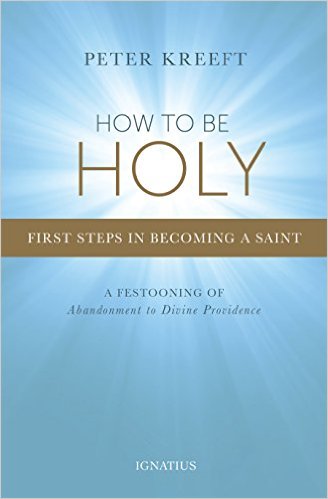
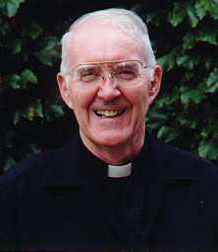 area of discernment. Taking a lifetime of steeped in prayer and sound theology, Fr. Baker gives us a unique and penetrating resource to aid in our growth in the areas of contemplation and discernment. Father Baker was the editor of Homiletic & Pastoral Review for more than 40 years, and currently serves as Editor Emeritus of the online edition. He was a joy to talk with and to learn from….not to be missed for the discerning heart!
area of discernment. Taking a lifetime of steeped in prayer and sound theology, Fr. Baker gives us a unique and penetrating resource to aid in our growth in the areas of contemplation and discernment. Father Baker was the editor of Homiletic & Pastoral Review for more than 40 years, and currently serves as Editor Emeritus of the online edition. He was a joy to talk with and to learn from….not to be missed for the discerning heart!